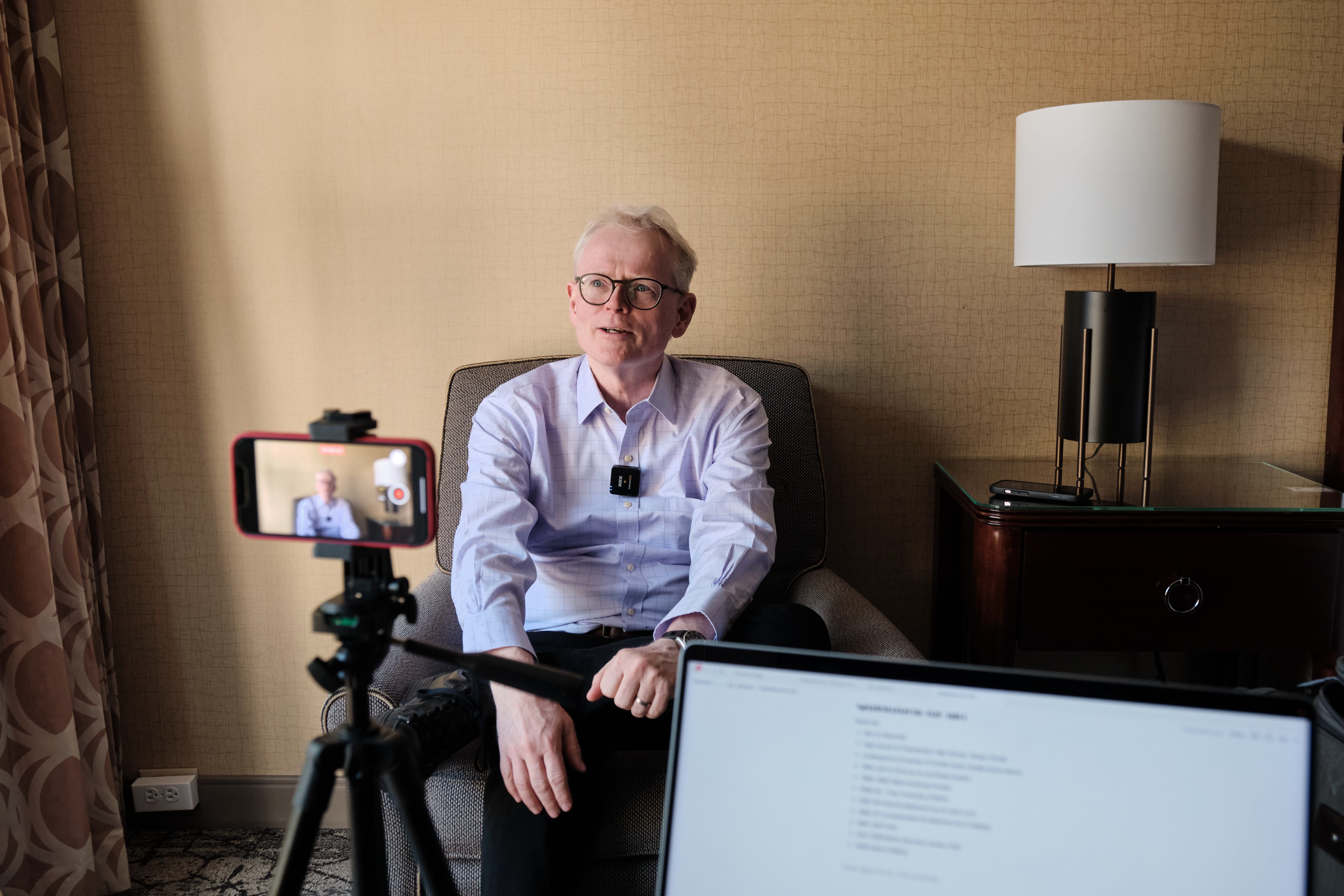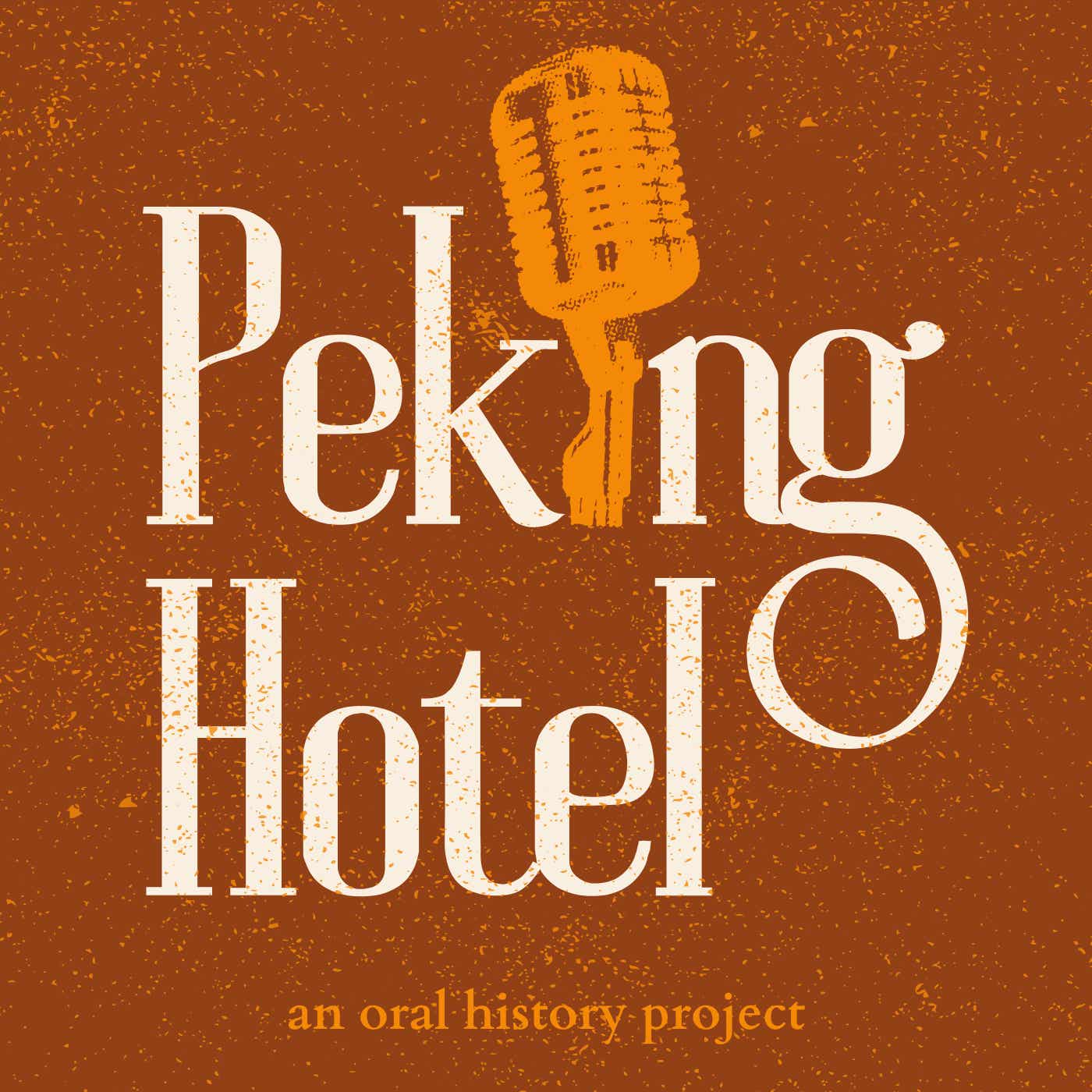
Finding relics among the ruins of the Cultural Revolution — with Ian Johnson

Peking Hotel with Liu He
Deep Dive
Why did Ian Johnson initially choose to study Chinese?
He took Chinese as a lark, influenced by his father's work with a Hong Kong company and the growing interest in China after diplomatic relations were normalized.
What was Ian Johnson's experience like during his first trip to China?
He spent six months at Peking University, realizing his Chinese was poor but gaining valuable experiences, including teaching English and witnessing remnants of the Cultural Revolution.
How did Ian Johnson's approach to journalism in China differ from other correspondents?
He aimed to spend one week every month traveling outside Beijing, avoiding the news cycle prison and focusing on grassroots stories rather than copying other journalists.
What was the impact of Ian Johnson's journalism on China?
His work had minimal direct impact on China, as it was rarely read by Chinese citizens, but it contributed to documenting human rights abuses and other issues.
How did Ian Johnson choose his topics for reporting in China?
He focused on big themes and case studies, often working on multiple topics simultaneously and opportunistically finding relevant stories to fit his themes.
What did Ian Johnson regret not reporting on during his time in China?
He regretted not interviewing Liu Xiaobo, a prominent dissident, and not focusing more on public intellectuals in China.
How did Ian Johnson's perception of public intellectuals in China change over time?
Initially, he viewed them as less important, but later realized their significance, leading to a series of Q&A articles and ultimately his book 'Sparks'.
- Exchange student at Peking University in the 80s
- Lingering effects of the Cultural Revolution
- Challenges of foreign journalism in China
- Tendency of journalists to copy each other
Shownotes Transcript
Liu He speaks with Ian Johnson, a longtime China journalist and the author of the recent book "Sparks," about his first experiences in China, his reflections on foreign reporting, and his own career covering the country.
The Peking Hotel podcast and newsletter) are digital publications in which Liu He interviews China specialists about their first-hand experiences and observations from decades past. The project grew out of Liu’s research at Hoover Institution collecting oral history of China experts living in the U.S. Their stories are a reminder of what China used to be and what it is capable of becoming.
Please follow us on Substack), Instagram), LinkedIn).
欢迎关注百京饭店中文版)! Get full access to Peking Hotel at pekinghotel.substack.com/subscribe)